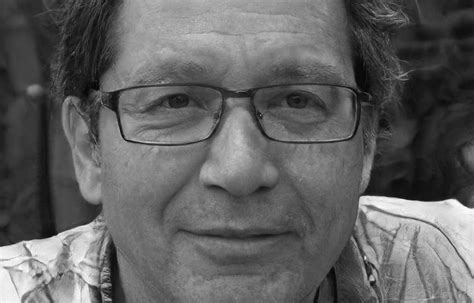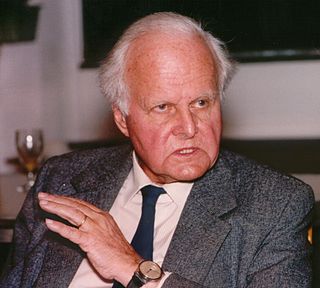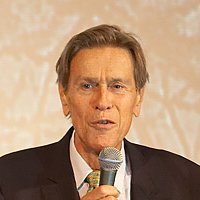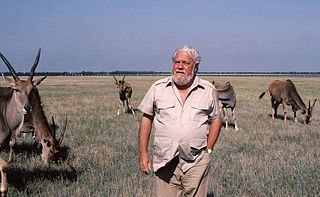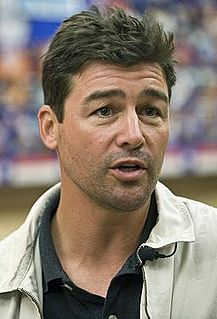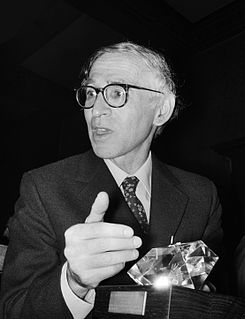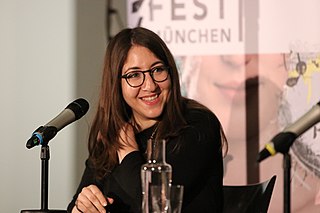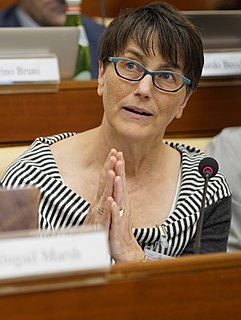A Quote by David E. Goldberg
Theory provides the maps that turn an uncoordinated set of experiments or computer simulations into a cumulative exploration.
Quote Topics
Related Quotes
It is true that in quantum theory we cannot rely on strict causality. But by repeating the experiments many times, we can finally derive from the observations statistical distributions, and by repeating such series of experiments, we can arrive at objective statements concerning these distributions.
My opinion about Miller's experiments is the following. ... Should the positive result be confirmed, then the special theory of relativity and with it the general theory of relativity, in its current form, would be invalid. Experimentum summus judex. Only the equivalence of inertia and gravitation would remain, however, they would have to lead to a significantly different theory.
